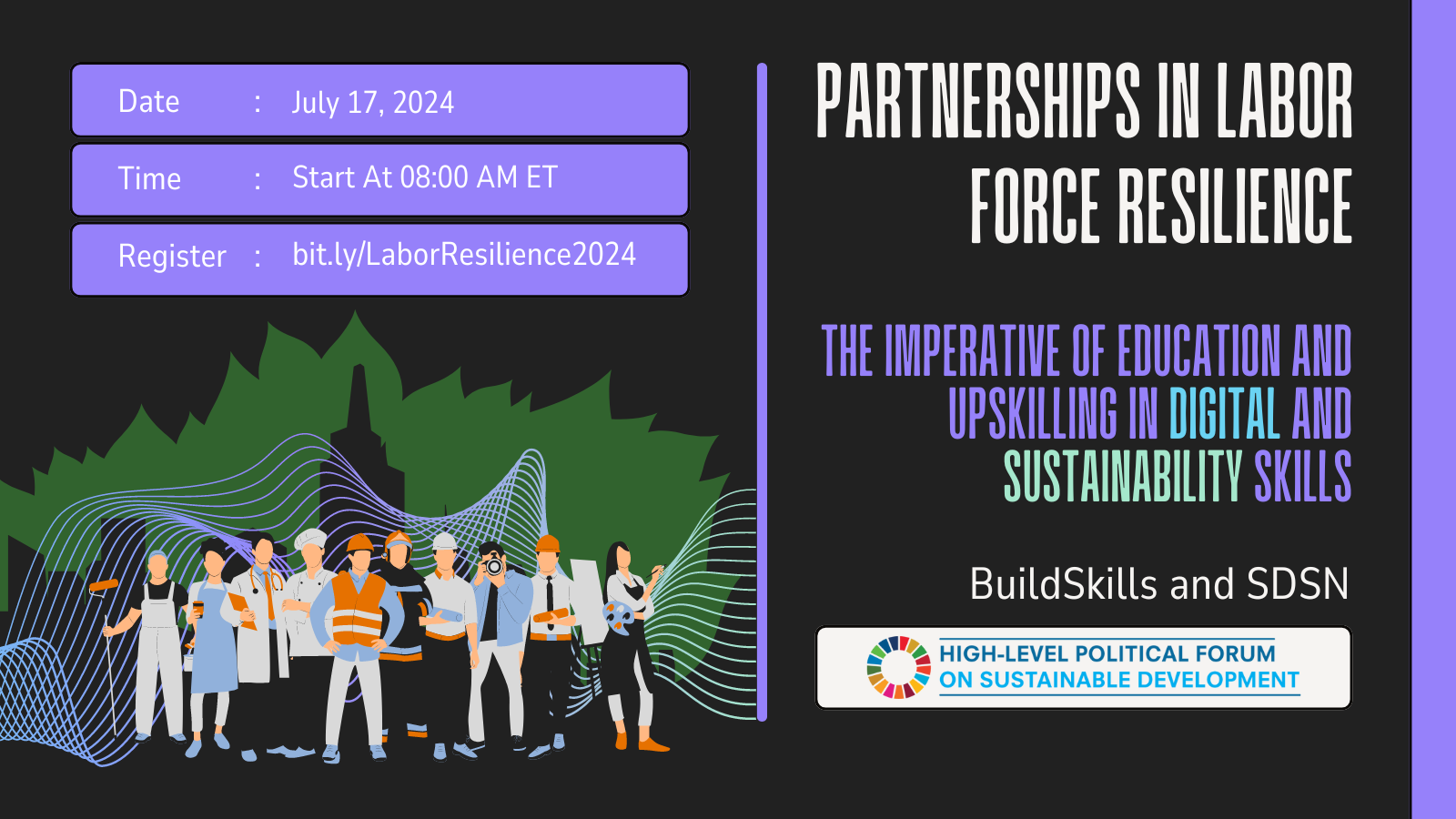On the 3rd of May, 2024, the UN Secretary-General released a report on the long-term impacts of current trends on the achievement of the Sustainable Development Goals. Apart from geopolitical tensions, rapid technological change, climate change and evolving social contracts, it stresses on the changing labor markets and its increased digitalization, which poses a growing need for skills training across industries.
In a timely manner, the SDG Academy of SDSN and BuildSkills Academy co-hosted a side event on the topic of partnering for improving labor market resilience. Titled ‘Partnerships in Labor Force Resilience : The Imperative of Education and Upskilling in Digital and Sustainability Skills’, the event happened on 17 July 2024, as part of the UN High-Level Political Forum on Sustainable Development.
Patrick Paul Walsh, Vice President of Education and Director of the SDG Academy at SDSN, led the session, accompanied by the following speakers.
- Elena Proden, Senior Specialist, Strategic Implementation of the 2030 Agenda Unit, UNITAR
- Maria Nakova, Project Manager, BuildSkills Academy; Manager of Strategic Development, Cleantech Bulgaria
- Remo Steinmetz, Head Executive Education, Director, Swiss Re Institute
- Karen Chand, Director, Education Studies; Co-Network Manager, SDSN Malaysia
- Tremeur Denigot, Education for Climate, Joint Research Centre, European Commission
- Niki Rodousakis, Capacity Development and Policy Advice Unit, UNIDO.
The session aimed to highlight policies and practices that promote informed educational decision-making. It also includes exploring the crucial role of vocational education and professional training, as part of pathways to upskill and equip the youth and professionals of today with the knowledge, skills and competencies to take on sustainable development challenges across expanding industries. This cannot be done without impactful partnerships and collaboration which is why a diverse group of experts have discussed policy measures, intersectoral partnerships, working projects and targeted investments required to realize this.
Key issues discussed included the importance of the workforce acquiring future-ready, transversal skills; the need for school and training curricula to address sustainability comprehensively; the necessity of training teachers and leaders on sustainability; and the critical role of coordination and partnerships in upskilling.
Main Themes (Key takeaways)
- The workforce needs future-ready and transversal skills
In a transformative age, the speakers addressed the imperative for the workforce to acquire future-ready and transversal skills.
According to Niki Rodousakis from UNIDO, these skills are essential for promoting sustainable development, economic resilience and technological advancement. Workers need three sets of future-ready skills: technical, soft and adaptative.
Remo Steinmetz from Swiss Re further elaborated that this is also true for the insurance sector, where the workforce needs to develop transversal competencies. These include flexibility and adaptability to respond to swift changes, cooperative networking, effective communication, and the ability to leverage digital technologies.
Overall, workers need to upskill to manage the future of work, to enhance their ability to collaborate, and to navigate complex workplace scenarios.
- School and training curricula need to address sustainability holistically
Speakers emphasized that school and training centers need to include sustainability as a transversal topic throughout the curriculum, rather than addressing it as a separate key competency.
Tremeur Denigot of the EU Commission highlighted that “learning for sustainability requires a whole-institution approach, embedding sustainability across all school activities.” He also noted that despite improvements, teaching green skills in Vocational Education and Training (VET) remains elementary.
Remo Steinmetz underscored the importance of continually updating education programs to incorporate new skills and support continuous professional development.
The BuildSkills Academy was presented as a great project example to improve curricula and address sustainability transversally in the construction sector. Maria Nakova from Cleantech gave an overview of the status of the initiative, highlighting its BuildEnrichedSkills methodology that aims to update and adapt VET services offered to the emerging new needs of the green and digital revolutions.
- Teachers & leaders also need to be trained and upskilled on sustainability
Panelists reminded the audience that not only students and workers need to be upskilled in sustainability, but teachers and leaders also need training to deliver updated, future-ready programs.
Karen Chand shared a case study from Malaysia, conducted by her and her team in SDSN, highlighting the status of education for sustainable development (ESD). The research found that teachers were mainly lacking in understanding of ESD and the foundation of sustainable development. When the SDGs were adopted in 2015 to achieve sustainable development, the national curriculum in Malaysia was revised to include them, but teachers did not receive adequate training for proper implementation. This study resulted in a teacher training pilot programme which is now underway, in partnership with the Ministry of Education. Selected schools and their teachers are being upskilled with the ESD knowledge and tools, in a whole-school approach, to support their professional development and advance the sustainable development goals of the Malaysian education system.
Teachers, trainers and leaders need to be included in training programs in education for sustainable development (ESD). Remo Steinmetz also emphasized this point when discussing the insurance sector. He added that corporate training, including in-house training, is essential for developing future-ready skills, especially for leaders, who also foster a sustainable culture and promote ethical behavior.
- Importance of coordination and partnerships in upskilling
The importance of collaboration with partners in upskilling for sustainable development was a recurring theme among the speakers.
From a policy perspective, Elena Proden, UNITAR, and Tremeur Denigot raised important points. Elena highlighted that learning is a public good, requiring both public authorities and the private sector to work together, necessitating more interaction and partnerships between these sectors.
Tremeur Denigot noted that while education in the EU is a national competency, countries need to increase their collaboration. He remarked, “the challenges we are all tackling are the same. While we might not be walking the same path of development, we can still learn a lot from each other, especially from mistakes.”
Maria Nakova also highlighted the importance of coordination and partnerships while presenting the BuildSkills Academy. Projects like this are crucial as they bring together diverse partners working towards a common goal, enriching the debate with multiple perspectives. In the case of the construction industry, partners are collaborating to integrate transitional skills into VET courses, ensuring they are well-prepared to achieve the twin (green and digital) transition.
What’s Next? (Key Recommendations)
Designing solutions, policies and practices are one thing but tracing its impact is another. The speakers agree that assessing or monitoring the impact of our solutions in order to scale, adopt and adapt them is of utmost importance. Besides focusing on good performance, we also need to understand why learners and recipients may be falling behind. Solutions in education and to upskill may require more personalized and tailored approaches for different target groups.
Awareness is noted as a continuous issue so raising this among the youth but also older professionals remains relevant to invoke the interdisciplinary thinking needed in sustainable development.
Inclusivity is not to be forgotten. Knowledge, tools and materials for competencies need to be accessible to all. Equal opportunities must be provided for the workforce to upskill within their industry because only then can the workforce be resilient in the green and digital transition. In fact, Paul closes the session by reinstating that inclusive programs need to be coherent with the sustainability agenda. We need to bring everyone in the workforce together with the skills of the future. “It’s complex, but it’s a mindset.”
Find the full recording to the session here
Speakers:
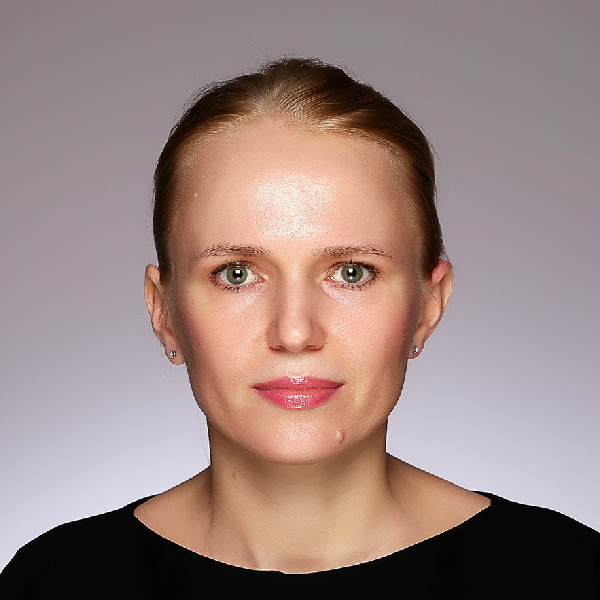
Elena Proden, Senior Specialist, Strategic Implementation of the 2030 Agenda Unit, UNITAR
Elena Proden is a development economist with more than 15 years of experience working for the UN at country, global and regional levels on capacity building and applied research. She currently works as a Senior Specialist and Team Leader of the Strategic Implementation of the Agenda 2030 Unit at United Nations Institute for Training Research supporting countries on national planning and economic transformations, statistical production and dissemination, M&E, as well as higher education, TVET and academia engagement. She is also coordinating UNSDG:Learn partnership on UNITAR’s behalf to promote better learning opportunities for different stakeholders from policy-makers, statisticians, evaluators to businesses and CSOs.
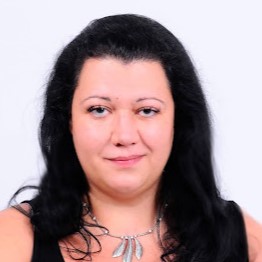
Maria Nakova, Project Manager, BuildSkills Academy; Manager of Strategic Development, Cleantech Bulgaria
Mrs. Maria Nakova is Manager Strategic Development in Cleantech Bulgaria and also Head of the European digital innovation hub in construction sector. Maria is Project coordinator of the BuildSkills Academy Centre of vocational excellence. She has more than 20 years of professional experience in international project management in both public and private sector. She is also policy expert to the Confederation of employers and industrialists in Bulgaria that is the biggest employers‘ organisation in Bulgaria and companies producing three quarters of the total GDP of the country. Ms. Nakova occupied the position of National Communication Office of Bulgaria under Regulation 1303/2014. Ms. Nakova in member of the Horizon Europe Strategic Policy Committee. For the last two years Mrs. Nakova is National contact point for Legal and Financial matters under Horizon Europe.
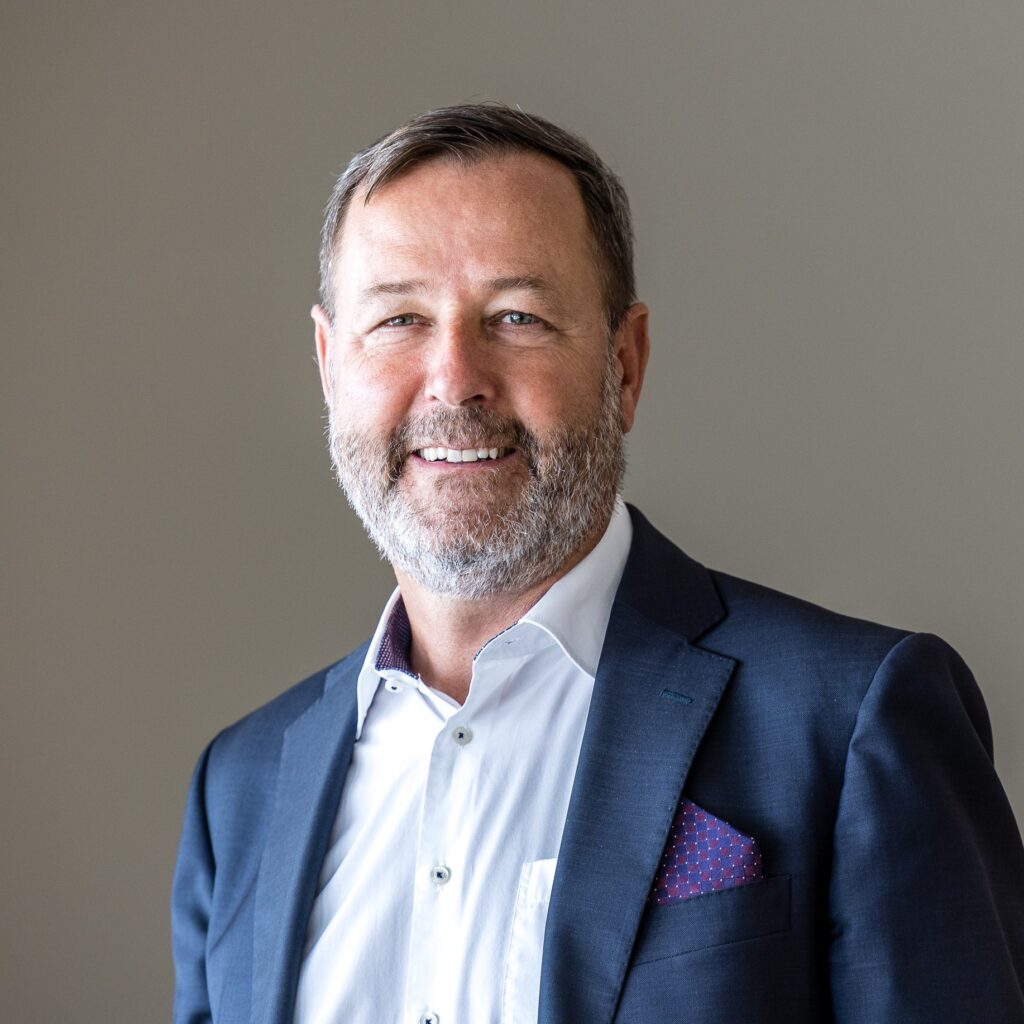
Remo Steinmetz, Head Executive Education, Director, Swiss Re Institute
Remo Steinmetz leads the Swiss Re Institute for Executive Education, developing advanced training programs in insurance and risk management. His team delivers tailored solutions for clients and governments. Previously, as head of Client & Functional Training at Swiss Re Academy, he managed comprehensive programs in Property and Casualty, Life and Health, and Finance and Project Management.
From 2004 to 2007, Remo was Vice-Consul and Senior Advisor for Education and Academic Affairs at swissnex Boston, fostering ties between U.S. and Swiss educational and scientific communities. He also directed the postgraduate program in spatial and urban planning at ETH Zurich, achieving significant success.
From 1992 to 1998, he contributed to transportation and urban planning projects at EBP in Zurich and Germany. Remo holds an MSc in Geography from the University of Zurich, reflecting his dedication to academic and professional excellence.
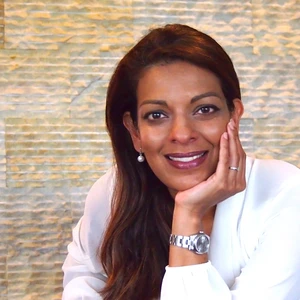
Karen Chand, Director, Education Studies; Co-Network Manager, SDSN Malaysia
Karen is the Director of Education Studies at the SDSN’s Asia Headquarters. She is spearheading efforts under the Mission 4.7 initiative to transform K-12 education in the Asia Pacific by making sustainable development a key feature of national curriculums. Karen was previously the Director of Strategy and Operations at the Jeffrey Sachs Center on Sustainable Development at Sunway University, Malaysia.
Prior to joining Sunway, Karen was with the Razak School of Government, Malaysia, where she led the development and delivery of senior level public sector executive education programs; and research projects on public sector improvement. She began her career as a strategy consultant at PwC.
Karen holds a Master in Sustainable Development Management from Sunway University; a Master in ASEAN Studies from the University of Malaya; and a BSc in Finance and Accounting from the University of London.
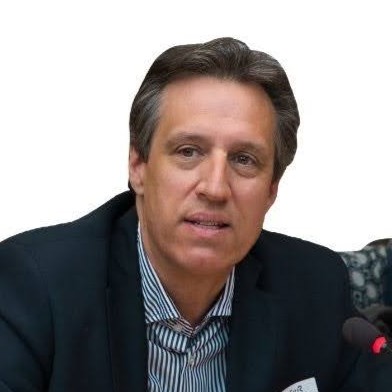
Tremeur Denigot, Education for Climate, Joint Research Centre, European Commission
Teacher by training and heart in different countries and schooling systems for almost 20 years, turned into a policy officer for the last 10 years, currently working as an education expert at the Joint Research Centre of the European Commission in the Education for Climate Coalition team, to help bring sustainability into teaching and learning and adapt the education systems to the green transition.
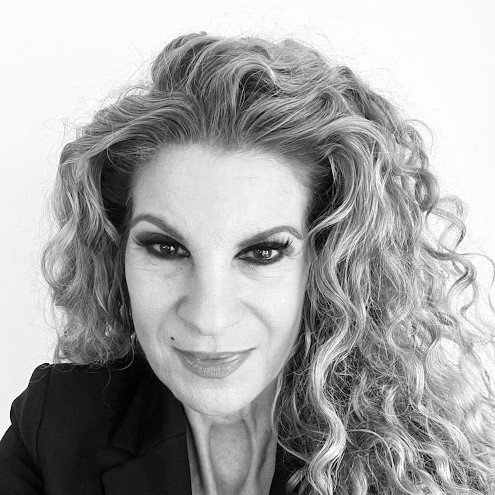
Niki Rodousakis, Capacity Development and Policy Advice Unit, UNIDO
Mrs. Niki Rodousakis is a communications and programme management professional at the United Nations Industrial Development Organization (UNIDO), and has spearheaded the development of UNIDO’s forthcoming Training Academy, a platform that consolidates all of UNIDO’s SDG 9 learning products and services. As the Communication Focal Point for the Division of Industrial Policy Advice and Capacity Development (IPC) as well as for UNIDO’s Multilateral Industrial Development Forum (MIPF), an annual forum that serves to stimulate policy discussions, knowledge sharing and mutual learning on industrial policy-related issues. Prior to joining UNIDO, she was a Research Fellow at the Interdisciplinary Centre for Comparative Research in the Social Sciences(ICCR) and was involved in social science research projects and policy analyses under the European Commissions Framework Programme (now Horizon Europe). She has co-authored several articles and book chapters. She recently joined the Capabilities 4 the Future Hub team as the UNIDO representative.
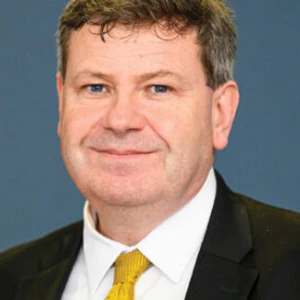
Chair: Patrick Paul Walsh, Vice President of Education, UN Sustainable Development Solutions Network (SDSN)
Patrick Paul Walsh is the Vice President of Education and Director of the SDG Academy at the UN Sustainable Development Solutions Network (SDSN). He is is on secondment from University College Dublin where he remains a Full Professor of International Development Studies, Director of the UCD M.Sc. in Sustainable Development in partnership with the SDG Academy and President of the Statistical and Social Inquiry Society (SSISI) of Ireland. He received a Ph.D. in Economics from the London School of Economics and Political Science. He is a Government of Ireland Fellow, Marie Curie (Brussels) Fellow, IZA (Bonn) Fellow, RSA (London) Fellow, EIIR (Brussels) Fellow and REPOA (Tanzania) fellow. He has held academic positions in Trinity College Dublin, K.U. Leuven, Harvard University and Columbia University. He has also held positions in the United Nations, European Commission, IMF and World Bank. His current focus is on Sustainable Development Education than is informed by Science, Practice and Policy.
